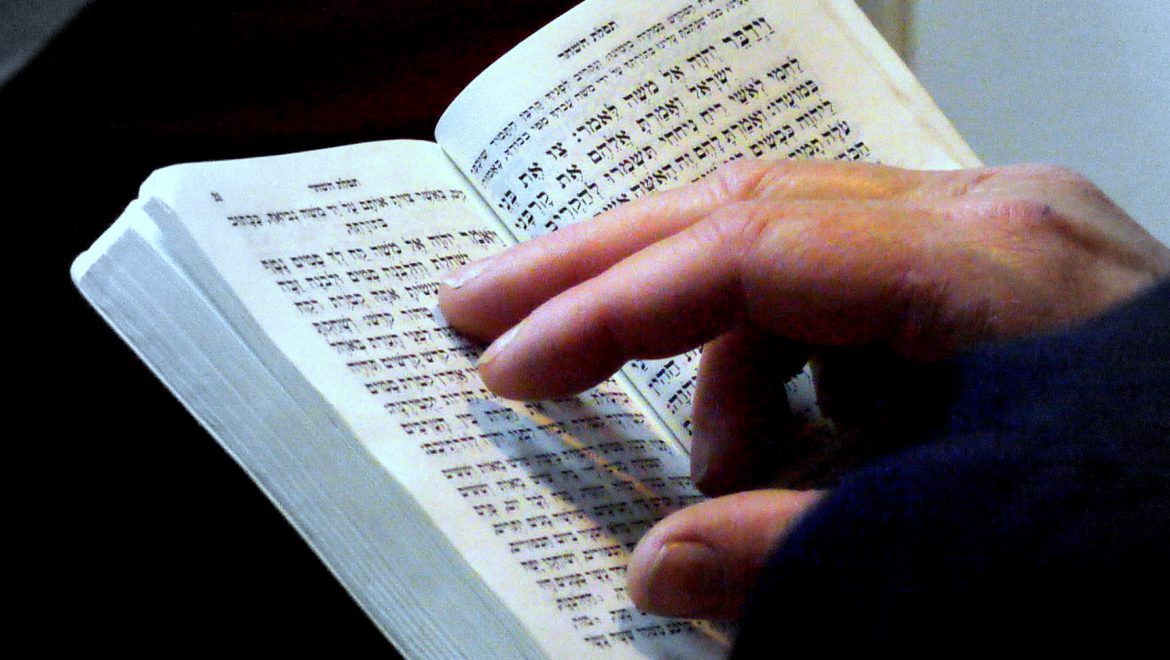
The word ‘zemer’ (plural – ‘zemirot’) actually means ‘song’ in Hebrew. It has become the word used almost exclusively to describe the various table songs that are sung at the three meals that are traditionally enjoyed on Shabbat. Whether during Friday night dinner, just before Bircat Hamazon (the Grace after Meals) at lunch on Shabbat day, or the at the final Shabbat meal just before the sun is about to set marking the end of Shabbat, these zemirot can be Medieval compositions or folk songs which often use biblical and rabbinic references to Shabbat to provide the lyrics for the many poems that are sung – in Hebrew, Aramaic, Yiddish or Ladino. What is unique about the zemirot is that different Jewish communities (Ashkenazic, Sephardic, Hassidic, Iraqi, etc.) around the world have composed different melodies and applied them to common lyrics. These table songs are many, and those families or communities that sing them at their Shabbat tables often choose from the list of songs found in the book (called a ‘bircone’) which also contain the words to the Bircat Hamazon, allowing a choice number of zemirot to raise the spirits of the participants through communal song at every repast.


